Fast and pray for Syria
Pope Francis calls for a day of fasting and prayer for peace in Syria.
The work of the Maryknoll Office for Global Concerns on peace is focused on identifying and eliminating the root causes of violence and conflict with a focus on specific regions, expressions of violence and areas of conflict affecting Maryknoll missioners, and U.S. aggression and national security policy (e.g. war on terrorism). The nexus of violence and poverty is clear. Unless we dedicate ourselves to building true human security for all, nations – especially poor ones – will continue to fall victim to an unending cycle of economic, political and social violence.
Maryknoll Leadership Statement on Pope Francis’ Fratelli Tutti
Maryknoll Leadership Statement on U.S. elections 2012: Sustainable peace and security for all
Maryknoll Leadership Statement: A call for the abolition of torture
POLICY BRIEF: Abolish Nuclear Weapons, Invest in Peace
WEBINAR: Nonviolence and the Web of Creation
WEBINAR: Human Rights Advocacy and the Legacy of Sr. Dianna Ortiz
WEBINAR: Rethinking Security in a Pandemic: No Justice, No Peace
WEBINAR: Sanctions — Nonviolent Tool or Lethal Weapon?
WEBINAR: Abolish Nuclear Weapons, Invest in Peace
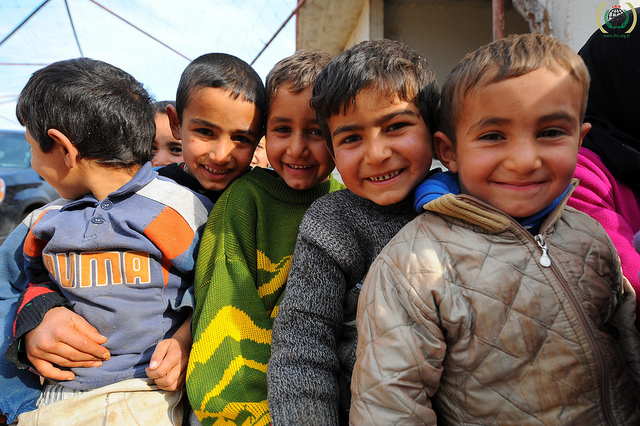
Pope Francis calls for a day of fasting and prayer for peace in Syria.
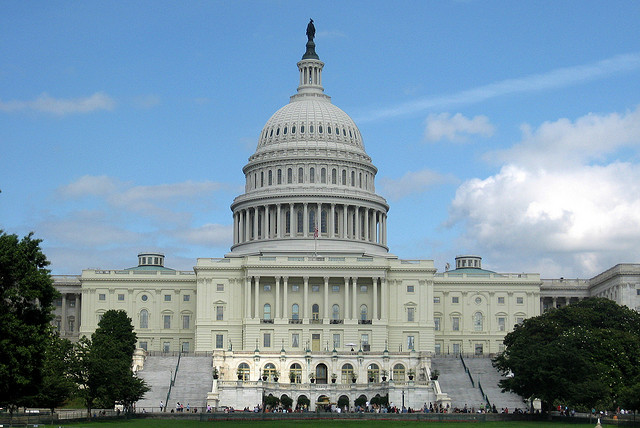
This alert was prepared by the Justice and Peace Office of the Conference of Major Superiors of Men (CMSM).

September 21 was first recognized by the United Nations as a Day of Peace in 1981. Around the world, 280 million people were aware of September 21 as a day of peace in 2012. See report here.In 2012, the campaign motivated 170 groups in 15 countries, with 15 different traditions involved. Following the lead of Peace One Day, which…
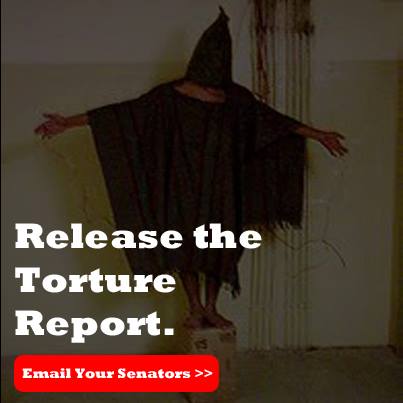
From our colleagues at the National Religious Campaign Against Torture (NRCAT).
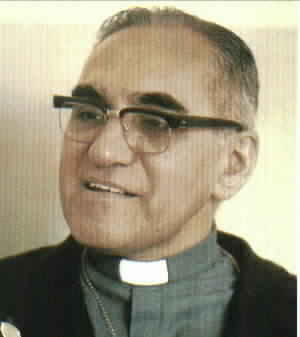
On August 15, we celebrated the birth of Oscar Arnulfo Romero, a man whose words and example continue to reverberate through El Salvador and the world.
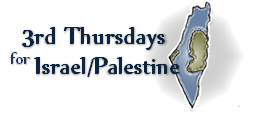
This August, tell your member in person that peace talks between Israelis and Palestinians need to be founded on justice.

August 24 event will commemorate the 50th anniversary of the March on Washington and MLK’s “I have a dream” speech.
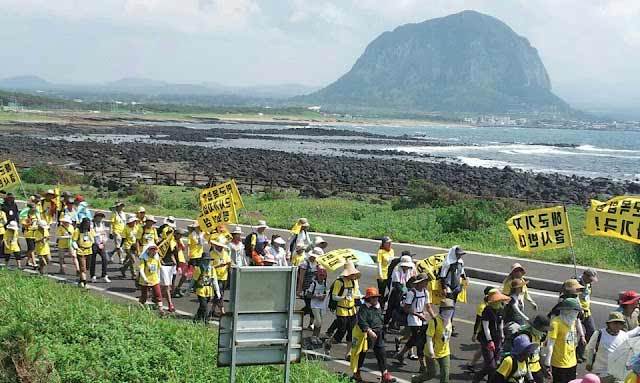
Sign this petition in support of the people of Jeju Island.

The following alert is circulated by the Friendship Office of the Americas.

Ecumenical Advocacy Days is an annual gathering of Christians from around the U.S. to learn about and take action on issues of justice and peace.
Join the fast to close Guantanamo July 23-24.

On June 27, the Israeli civil administration in the West Bank issued 34 demolition orders against Palestinian homes and buildings in the village of Susiya.
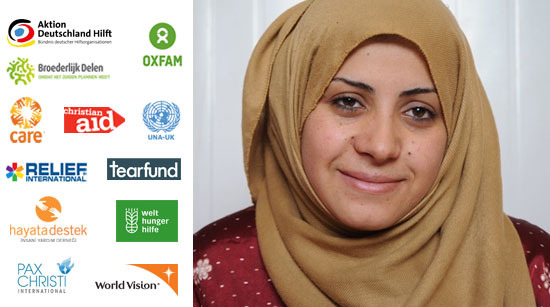
Pax Christi International invites signatures on this petition urging Presidents Obama and Putin to hold peace talks on Syria.

Following is an essay published July 11 by Cornelis Hulsman, editor-in-chief, Arab-West Report.

Resources published in the July-August 2013 NewsNotes.
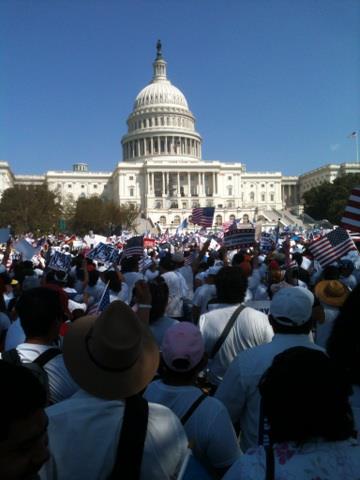
On June 27, the U.S. Senate passed S. 744, the Border Security, Economic Opportunity, and Immigration Modernization Act.
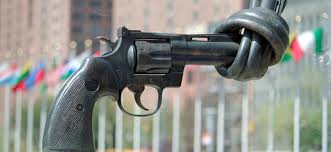
On June 3 representatives of more than 60 countries signed the historic Arms Trade Treaty (ATT) at the United Nations in New York.

Marie Dennis, co-president of Pax Christi International, wrote the following article based on a recent visit when she and others visited Syrian refugees in Lebanon.